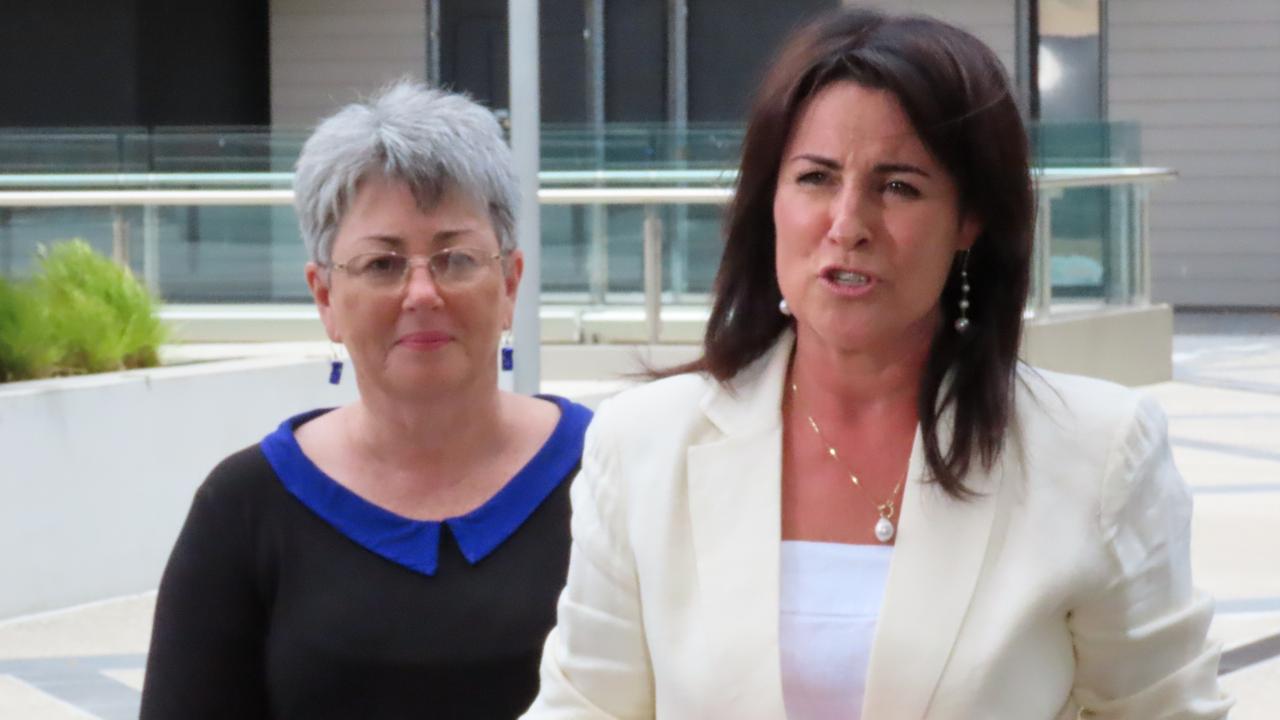Reading pledge calls on Minister to commit to literacy among all primary school students
A new primary reading pledge calls on the state’s education Minister to commit to have all students reading by the end of primary school as new statistics show.

Education
Don't miss out on the headlines from Education. Followed categories will be added to My News.
- Business council lashes ’ridiculous’ ongoing COVID rules
- Rescue cat taught to walk on leash amid confinement debate
A NEW primary reading pledge calls on the state’s education Minister Jeremy Rockliff to commit to a plan to have all students reading by the end of primary school.
With International Literacy Day on 8 September every year economist and demographer Lisa Denny said the collaborative initiative for literacy needs addressing.
She’s passionate about literacy because her son has major communication issues, but also because she’s a work demographer who wants to lift educational and job outcomes for Tasmanians.
“20 per cent of Tasmanian year 7 students start at or below the National Minimum Standard – yet we know that this figure holds for grade 3 and grade 5 according to NAPLAN results,” she said.
“This shows that we are not intervening to resolve the reading deficiencies for students in grade 3 and grade 5 and means that they start grade 7 behind and will be less likely to keep up with the wider curriculum and more likely to not finish school.
“This has lifetime consequences for people, we can prevent this – providing reading instruction to all students based on the cognitive process of how brains learn to read. It is not a natural process and it needs to be learned.”
Through her son Rory, 10, she realised the link between language and life.
He was born with a cleft palate, a genetic abnormality and hyper-mobility in his body.
Singularly, each provides challenges daily. Collectively the challenges are intensified.
She said his challenges significantly impact on his learning ability despite him being at a “beautiful school that are doing their best”.
“More than 3000 teachers in Tasmanian haven’t been trained, through no fault of their own, in the cognitives processes of how children learn to read,” she said.
The pledge sets out how reading instruction should be taught based on the level of intervention required for students who struggle with learning to read.
It provides assessment and diagnostic tools and should be viewed as a resource for all educators who teach people how to read – whether they are a child or an adult learner.
For ILD she is attending the Peter Underwood Centre literacy reports today. She hopes for a response soon from the minister on his position on the pledge.
ILD 2020 focuses on Literacy teaching and learning in the COVID-19 crisis and beyond with a focus on the role of educators and changing pedagogies.


